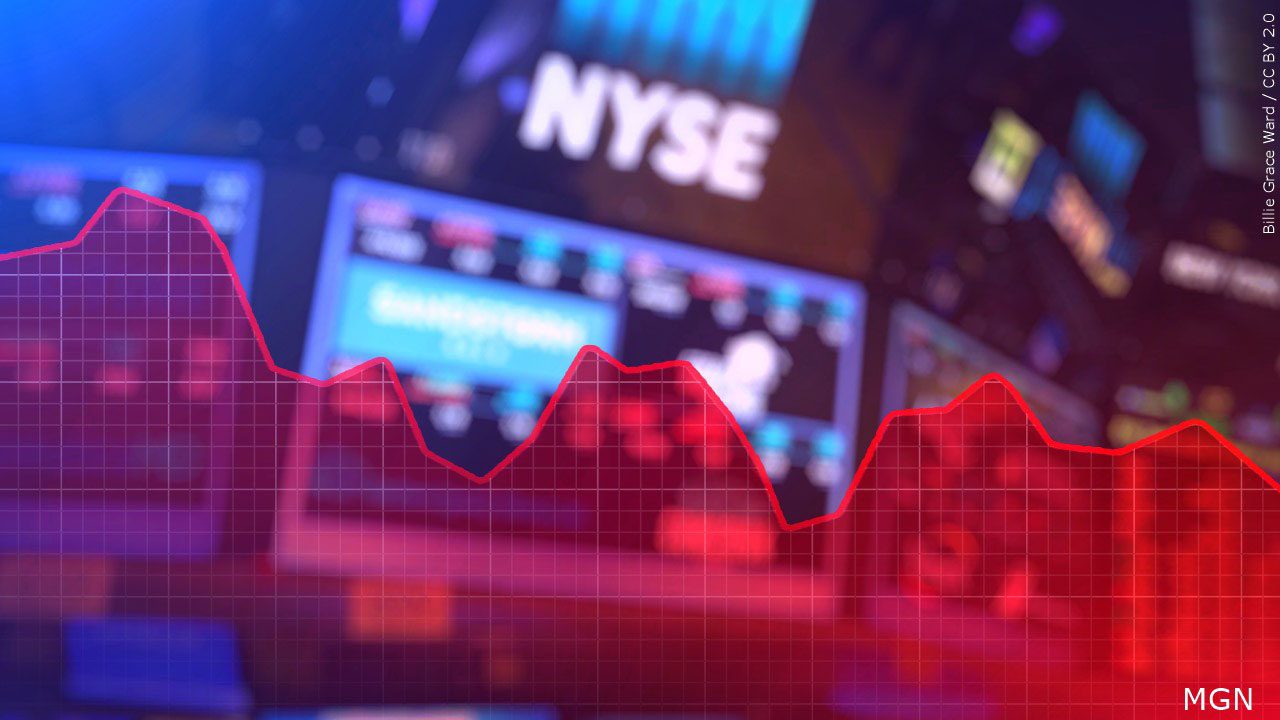Stock market today: Wall Street recoups some of last week’s loss but still on pace for an ugly month

(Billie Grace Ward / CC BY 2.0)
NEW YORK (AP) — Wall Street clawed back some of its steep losses from last week, but September is still on track to be its worst month of the year despite Monday’s gains.
The S&P 500 rose 17.38, or 0.4%, to 4,337.44, coming off its worst week in six months. The Dow Jones Industrial Average edged up by 43.04, or 0.1%, to 34,006.88, and the Nasdaq composite gained 59.51, or 0.5%, to 13,271.32.
Oil-related stocks led the way, as Exxon Mobil rose 1.1% and ConocoPhillips gained 1.6%. As a group, energy stocks in the S&P 500 climbed nearly twice as much as any of the other 11 sectors that make up the index.
While crude oil prices were mixed Monday, they’ve leaped sharply since the early summer.
Oil’s jump has helped to hurt Wall Street broadly, where the realization is sinking in that the Federal Reserve will likely keep interest rates high well into next year. The Fed is trying to ensure high inflation gets back down to its target, and it said last week it will likely cut interest rates in 2024 by less than earlier expected. Its main interest rate is at its highest level since 2001.
The growing understanding that rates will stay higher for longer has pushed yields in the bond market up to their highest levels in more than a decade. That in turn makes investors less willing to pay high prices for all kinds of investments, particularly those seen as the most expensive or making their owners wait the longest for big growth.
The yield on the 10-year Treasury rose to 4.53% from 4.44% late Friday and is near its highest level since 2007. That’s up sharply from about 3.50% in May and from 0.50% about three years ago.
“Stocks digest gradual, growth driven increases in interest rates far better than rapid increases driven by other factors such as inflation or Fed policy,” Goldman Sachs strategists led by David Kostin wrote in a report.
Higher yields are at the head of a long line of concerns weighing on Wall Street. Not only have oil prices jumped by $20 per barrel since June, economies around the world are looking shaky. The resumption of U.S. student-loan repayments may also weaken what’s been the U.S. economy’s greatest strength, spending by households.
In the near term, the U.S. government may be set for another shutdown amid more political squabbles on Capitol Hill. But Wall Street has managed its way through previous shutdowns, and “history shows that past ones haven’t had much of an impact on the market,” according to Chris Larkin, managing director of trading and investing at E-Trade from Morgan Stanley.
On Wall Street, Amazon rose 1.7% and was the strongest single force pushing up on the S&P 500. The company announced an investment of up to $4 billion in Anthropic, as it takes a minority stake in the artificial intelligence startup. It’s the latest Big Tech company to pour money into AI in the race to profit from opportunities that the latest generation of the technology is set to fuel.
Stocks of media and entertainment companies were mixed after unionized screenwriters reached a tentative deal on Sunday to end their historic strike. No deal yet exists for striking actors.
Netflix rose 1.3%, while The Walt Disney Co. slipped 0.3%. Warner Brothers Discovery dropped 4% for the day’s largest loss in the S&P 500.
Also on the losing end of Wall Street were stocks of travel-related companies, which slumped under the weight of worries about higher fuel costs. Southwest Airlines sank 2%, and Norwegian Cruise Line fell 3.1%.
In stock markets abroad, indexes slumped across Europe and much of Asia. France’s CAC 40 fell 0.8%, and Germany’s DAX lost 1%.
In China, troubled property developer China Evergrande sank nearly 22% after announcing it was unable to raise further debt due to an investigation into one of its affiliates. That might imperil plans for restructuring its more than $300 billion in debt.
China’s faltering economic recovery has already removed a big engine of growth for the world.
Hong Kong’s Hang Seng lost 1.8%, while stocks in Shanghai fell 0.5%.
___
AP Business Writers Matt Ott and Elaine Kurtenbach contributed.
All contents © copyright 2023 Associated Press. All rights reserved